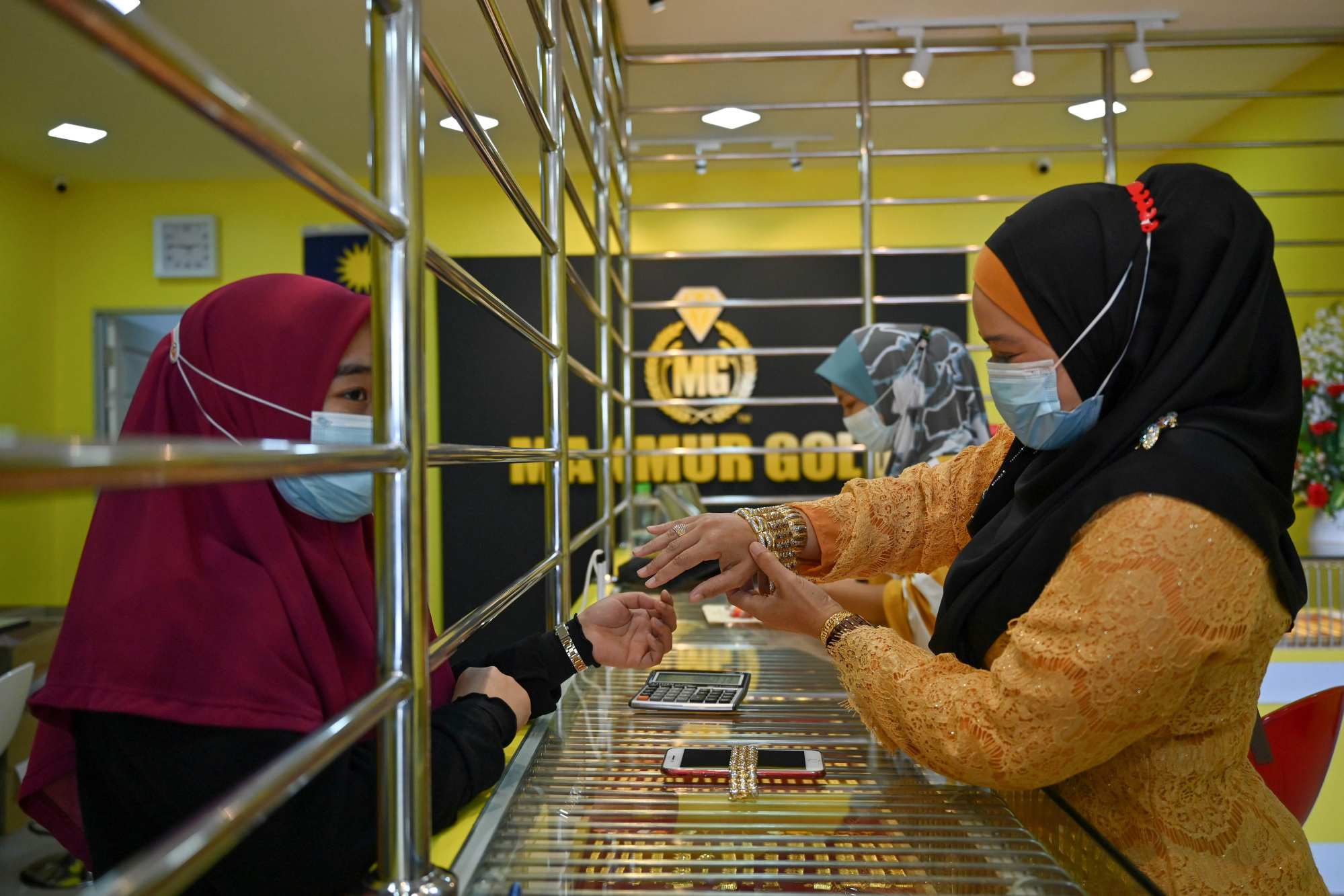
Malaysia delays implementation of luxury goods tax to study its effect on economy, cost of living
- Deputy Finance Minister Lim Hui Ying said the government needed more time to engage with the industry to carefully formulate the tax principles
- Malaysia had planned to roll out the measure, which stakeholders said would not become a significant contributor to the tax base, from May 1
While the government said the delay is warranted by the need for more engagement, industry players said the HVGT would not become a significant contributor to the country’s tax base and have subsequently called for a better tax system in the form of the goods and services tax (GST).
Deputy Finance Minister Lim Hui Ying confirmed that the HVGT has been deferred.
“The government needs to continue engaging with the industry to ensure the tax principles and legislation can be formulated and drafted carefully.
“The government will announce the new implementation date of the HVGT later,” she said on Thursday.
‘Can’t even buy underwear’: Malaysians fume over cheap goods tax, cost burden
The ministry, she said, is in the final stage of refining certain matters related to the tax structure, especially the type of goods categorised as “high-value”, threshold determination, and tax rates.
“HVGT will only be imposed on certain goods categorised as high value. The determination of a high value is based on the set threshold.
“Fundamentally, low-income groups will not be affected by its implementation because they are unlikely to purchase high-value goods,” she added.
To ensure that the HVGT would not affect economic activities especially in the tourism sector, Lim said the tourist refund scheme will be implemented.
“Foreign tourists who purchase high-value goods in Malaysia can claim a tax refund at international airports before departure, subject to the prescribed procedures and conditions,” she added.
“Furthermore, the HVGT will not be imposed in designated areas including Labuan, Langkawi, Pangkor and Tioman, as well as special areas such as free zones and licensed warehouses.”

Lim said the ministry would be inclusive in formulating the HVGT policy by getting industry views and stakeholders’ feedback through more meetings.
“This is to ensure that the policy would take into account various aspects including its impact on the economy, businesses and cost of living,” she added.
The HVGT Bill was slated to be passed in the just-ended parliament meeting on Wednesday.
However, the ministry did not introduce the bill. The next parliament meeting will be from June 24 to July 18. A source said that the government has not decided on whether the bill would be tabled in the next parliament meeting.
Poverty looms over Malaysia’s elderly as low pay bites back in retirement
On Wednesday, Prime Minister Anwar Ibrahim acknowledged the weight of fiscal reforms on the people after chairing the Fiscal Policy Committee meeting but stressed on the necessity to revive the country’s stagnant economy.
“With the 11.8 per cent tax revenue from the gross domestic product, the government has limited room to invest in aspects of development for the people and provide sufficient assistance, especially to those who are vulnerable and in need.
“In order for Malaysia to become a high-income economic nation with human values, the government needs to implement fiscal reforms that rest upon a sustainable and intact foundation.
“The fiscal reform will focus on targeted subsidies and expanding the revenue base to create fiscal space that can be distributed to improve the welfare of the people,” he posted on social media.
Anwar also expressed the government’s commitment to ending debt dependency and restoring investor confidence, highlighting efforts to strengthen the debt management office and streamline the role of the investor relations office under the finance ministry.

